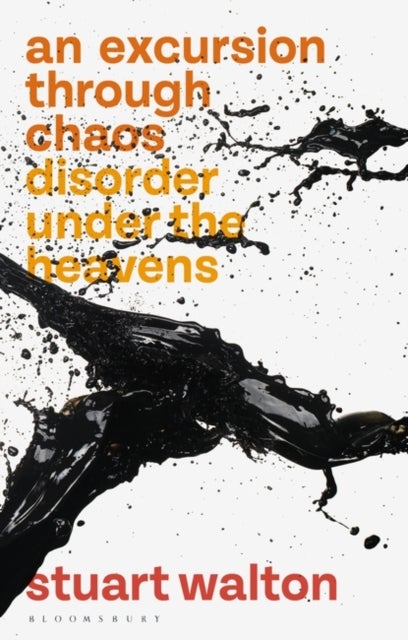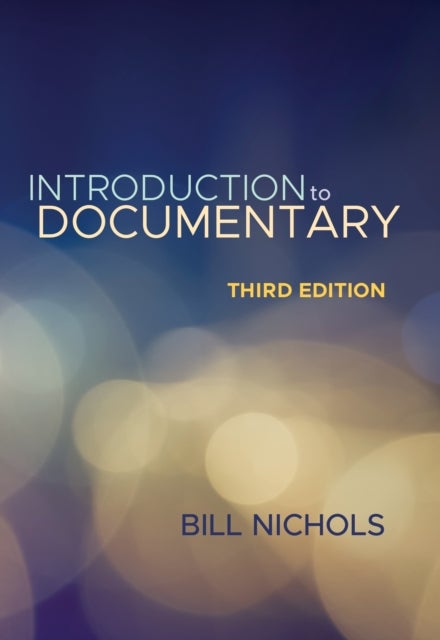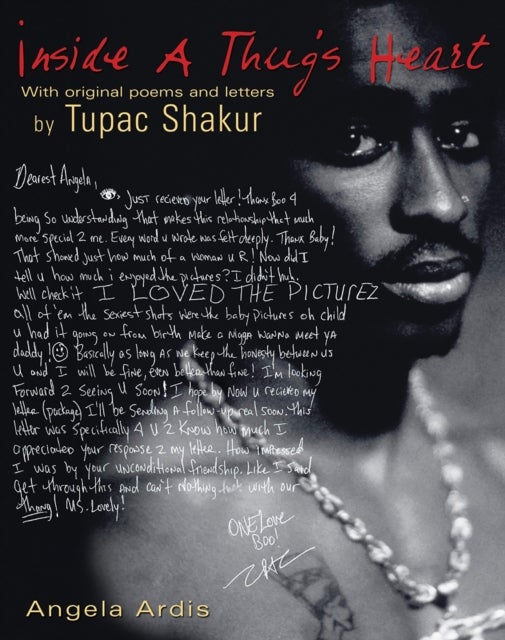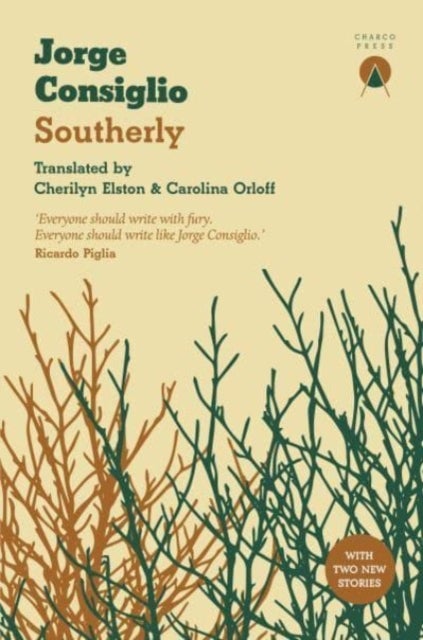
An Excursion through Chaos av Stuart Walton
979,-
From its original meaning as a gaping void, or the emptiness that precedes the whole of creation, chaos has taken on the exclusive meaning of confusion, pandemonium and mayhem. This definition has become the overarching word to describe any challenge to the established order; be it railway strikes or political dissent, any unexpected event is routinely described in the media and popular parlance as ''chaos''.<br/><br/>Yet, in his incisive new study, Stuart Walton argues that this is a pitifully one-dimensional view of the world. He claims that many of the great social, political, artistic and philosophical advances have emerged from periods of disorder and from the refusal to think within the standard paradigms. <br/><br/>Walton claims that we are superstitious about any state of affairs in which anything could happen because we have been taught to prefer the imposition of rules in every aspect of our lives, from our diets to our romances. Yet this book demonstrates that these restrict








